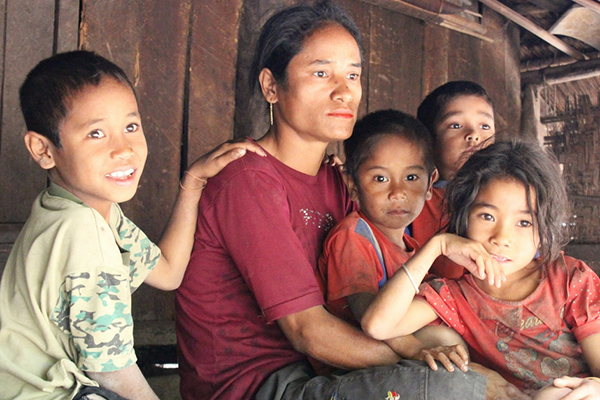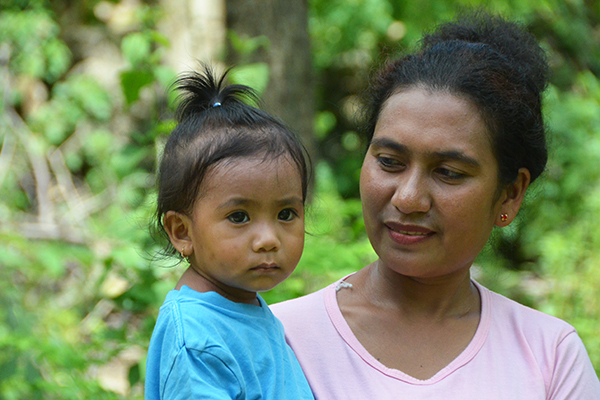Poverty in a pandemic

COVID-19 is affecting all of us, but it could devastate vulnerable communities. Surviving a pandemic requires a reliable income, savings for unplanned expenses and quality healthcare – resources families living in poverty already struggle to access.
No work, no money
As governments introduce tighter restrictions and lockdowns in response to coronavirus, many people are not able to work. For families living in poverty, this could mean weeks without their sole income source and no food for their children.
In India, a three-week lockdown has people confined to their homes. This has left the working poor with no income or way to earn money as businesses are forced to close. With little savings to fall back on, those living in poverty will struggle to meet their daily needs, such as food and healthcare. If you live in a crowded slum, social distancing is impossible.
In Indonesia, more than half of the work force—around 74 million people—work in informal sectors. For many low-income people, they simply cannot afford to self-isolate. Those working as drivers or store assistants may have to continue working, putting themselves at risk of contracting the virus. They are also more likely to lose their jobs if they miss work due to illness.
Learn more about Opportunity's repsonse to COVID-19 >>
Healthcare out of reach
Handwashing is the first step to protecting oneself from illness and disease. Yet today, 3 billion people cannot even wash their hands at home. In India, only 25 per cent of the poorest households have access to basic handwashing facilities, including water and soap. This makes families living in poverty vulnerable to contracting the disease.
This will help ensure people receive knowledge on how to reduce the spread of the virus and how to treat it. Many deaths in developing countries result because people in poverty do not know how to respond to dehydration or diarrhea. Even simple knowledge about sanitation, clean water and improved nutrition can save lives.
Even in developed countries, healthcare systems are under enormous pressure to cope with COVID-19 – those in developing countries will likely collapse. In India, public healthcare is poor and private healthcare is expensive yet better equipped. That kind of support will be out of reach for millions of people living in poverty.

Women and girls burdened
COVID-19 is expected to disproportionately affect women and girls. They may have limited access to healthcare, a lack of income and are more vulnerable to sexual violence and exploitation.
The burden of care
As the primary caregivers in a family, women are more likely to care for sick family members or their children in the face of school closures. This puts them at higher risk of exposure to the virus, as well as sacrificing their time. Women’s participation in work outside the home is likely to reduce, meaning less income to support their families.
Domestic violence rises
Domestic violence increases in the wake of emergencies. Enforced periods of isolation, coupled with increased levels of stress and anxiety, will put many women and children at risk. Right now, India is observing a lockdown to prevent the spread of the virus – but not all homes are safe. For many women, work or school is an escape from domestic violence. But during a lockdown, they will be forced to be with their abuser for most of the day.
The impact of this pandemic will be felt for years to come, especially for people already struggling to meet their basic needs – shelter, healthcare, food and education. Families living in poverty will need help in the coming months to maintain their livelihoods and rebuild their lives.
Please help families living in poverty survive this crisis